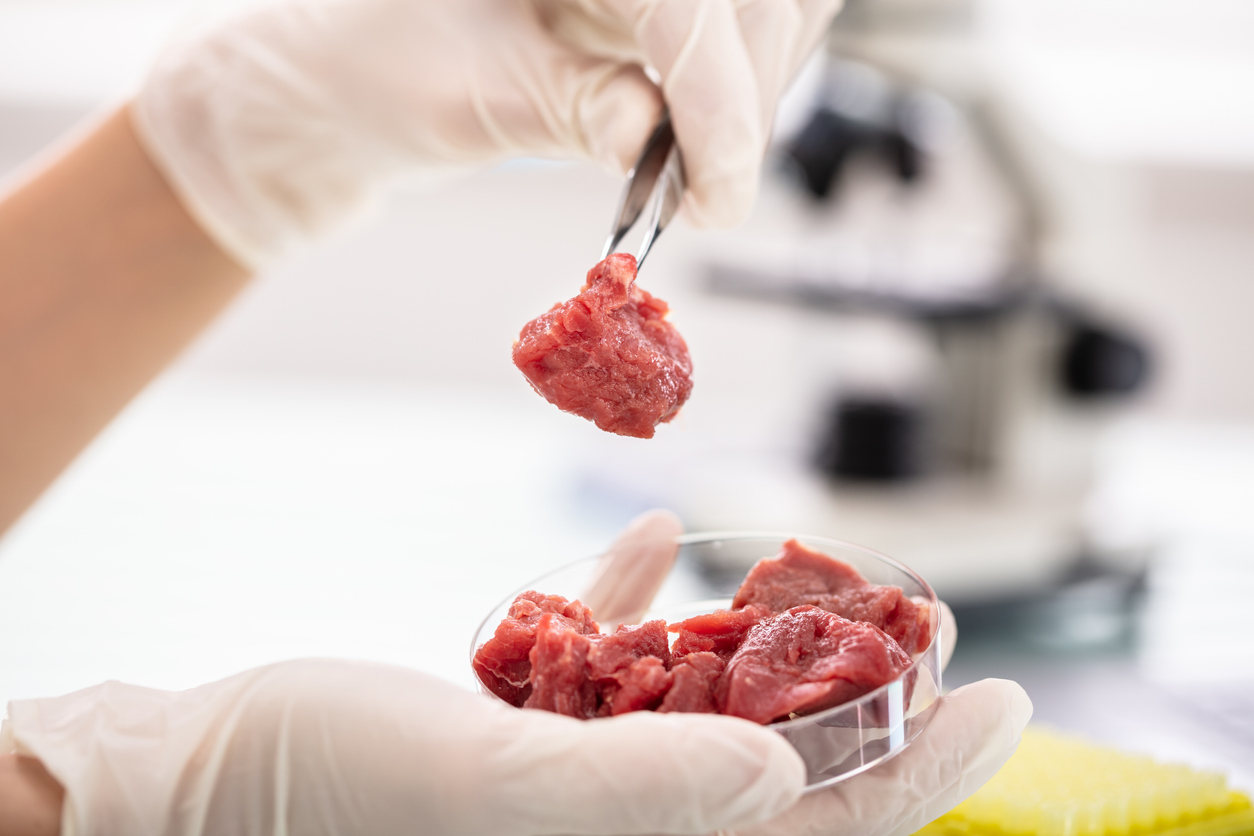- May 30, 2024
- 3 minutes read
The Debate Over Lab-Grown Meat: Legislative Actions and Industry Responses

Lab-grown meat, which is cultivated from animal cells, is currently not available in any U.S. grocery stores or restaurants. Recently, legislative actions in several states have aimed to keep it that way. Florida and Arizona have banned the sale of cultivated meat and seafood, while Iowa has prohibited schools from purchasing lab-grown meat. Federal lawmakers are also considering restrictions.
The impact of these efforts remains uncertain. Some cultivated meat companies are contemplating legal action, and in states like Tennessee, proposed bans were shelved after debates about consumer choice. This legislative pushback marks a sharp turn for an industry that started the year with high hopes.
In June 2023, the U.S. approved the sale of lab-grown meat for the first time, allowing two California startups, Good Meat and Upside Foods, to sell cultivated chicken. These products briefly appeared on the menus of a few high-end restaurants, and one of Good Meat’s products was sold at a grocery store in Singapore. Despite these advancements, political opposition soon emerged. Lawmakers in seven states proposed legislation to ban cultivated meat, according to Kim Tyrrell of the National Conference of State Legislatures.
In January, U.S. Senators Jon Tester and Mike Rounds introduced a bill to prohibit the use of lab-grown meat in school lunch programs. Similar backlash is occurring globally, with Italy banning the sale of lab-grown meat and French lawmakers introducing a similar bill.
The cultivated meat industry is still in its early stages, struggling with high production costs. The process involves growing animal cells in steel tanks, feeding them special blends of nutrients, and forming them into various meat products. Companies are focused on scaling production and securing government approvals, while also addressing state bans. Upside Foods, for example, launched a petition to oppose these restrictions.
Supporters of the bans argue that they are protecting farmers and ensuring consumer safety. Republican state Sen. Jack Williams of Alabama, who sponsored a bill in his state, expressed concerns about the safety and origins of lab-grown meat. He emphasized the importance of traditional livestock farming.
The cultivated meat industry counters that their products undergo rigorous safety testing before reaching the market. They argue that they are not seeking to replace traditional meat but to provide alternative sources of protein to meet global demand. Tom Rossmeissl of Good Meat highlighted the U.S.’s leadership in this field, noting that other countries like Israel and China are also making significant strides.
Some state lawmakers, like Florida’s Republican Sen. Jay Collins, emphasize that their legislation does not ban research, only the sale and manufacture of lab-grown meat. Collins cites safety and the protection of local agriculture as his primary concerns.
There is also a concern within the meat industry about the potential impact of lab-grown meat. The dairy industry’s experience with plant-based alternatives like oat milk, which now comprises 15% of U.S. milk sales, serves as a cautionary tale. Meat producers, particularly at the state level, have supported bans to protect their interests. However, on a national level, the meat industry is more open to competition, with some companies like JBS Foods developing their own cultivated meat products.
The Meat Institute, representing major meat companies, has argued against outright bans, suggesting they may be unconstitutional. Smaller companies, such as Wildtype, which produces cultivated salmon, have faced significant challenges in opposing these legislative actions but continue to advocate for their industry.
In summary, the future of lab-grown meat in the U.S. remains uncertain amidst legislative challenges and industry pushback. The debate highlights the tension between innovation in food technology and traditional agricultural practices.
